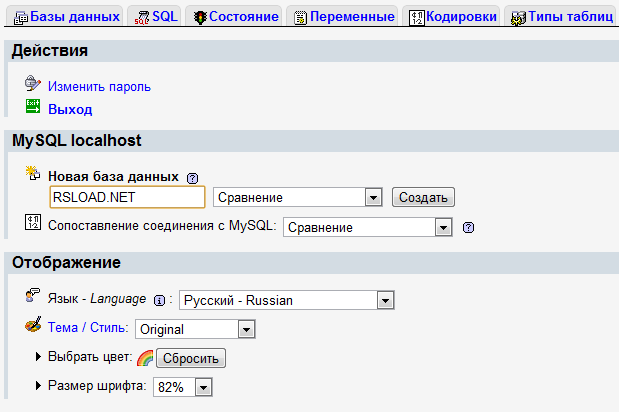Importer Mysql 2 Crack Heads


I have a CSV file. It contain 1.4 million rows of data, so I am not able to open that csv file in Excel because its limit is about 1 million rows. Therefore, I want to import this file in MySQL workbench. This csv file contains columns like 'Service Area Code','Phone Numbers','Preferences','Opstype','Phone Type' I am trying to create a table in MySQL workbench named as 'dummy' containing columns like ServiceAreaCodes,PhoneNumbers,Preferences,Opstyp,PhoneTyp. The CSV file is named model.csv. My code in workbench is like this: LOAD DATA LOCAL INFILE 'model.csv' INTO TABLE test.dummy FIELDS TERMINATED BY ',' lines terminated by ' n'; but I am getting an error like model.CSV file not found. At the moment it is not possible to import a CSV (using MySQL Workbench) in all platforms, nor is advised if said file does not reside in the same host as the MySQL server host.
Importing a csv into mysql via command line. Your import file needs the headers, the 'head -n 1 $yourfile' returns the first comma-separated row of your CSV file. Import text file into mysql workbench? In MySQL Workbench, using “Table Data Import Wizard” to import CSV creates empty table. Merge/Union multiple data.
However, you can use. Example: mysqlimport --local --compress --user=username --password --host=hostname --fields-terminated-by=',' Acme sales. U He Ace Keygen Mac Adobe here. part_* In this example mysqlimport is instructed to load all of the files named 'sales' with an extension starting with 'part_'. This is a convenient way to load all of the files created in the 'split' example.
New Business License Listings Fresno Ca Craigslist. Use the --compress option to minimize network traffic. The --fields-terminated-by=',' option is used for CSV files and the --local option specifies that the incoming data is located on the client. Without the --local option, MySQL will look for the data on the database host, so always specify the --local option.
There is useful information on the subject in. If the server resides on a remote machine, make sure the file in in the remote machine and not in your local machine. If the file is in the same machine where the mysql server is, make sure the mysql user has permissions to read/write the file, or copy teh file into the mysql schema directory: In my case in ubuntu it was: /var/lib/mysql/db_myschema/myfile.csv Also, not relative to this problem, but if you have problems with the new lines, use sublimeTEXT to change the line endings to WINDOWS format, save the file and retry.